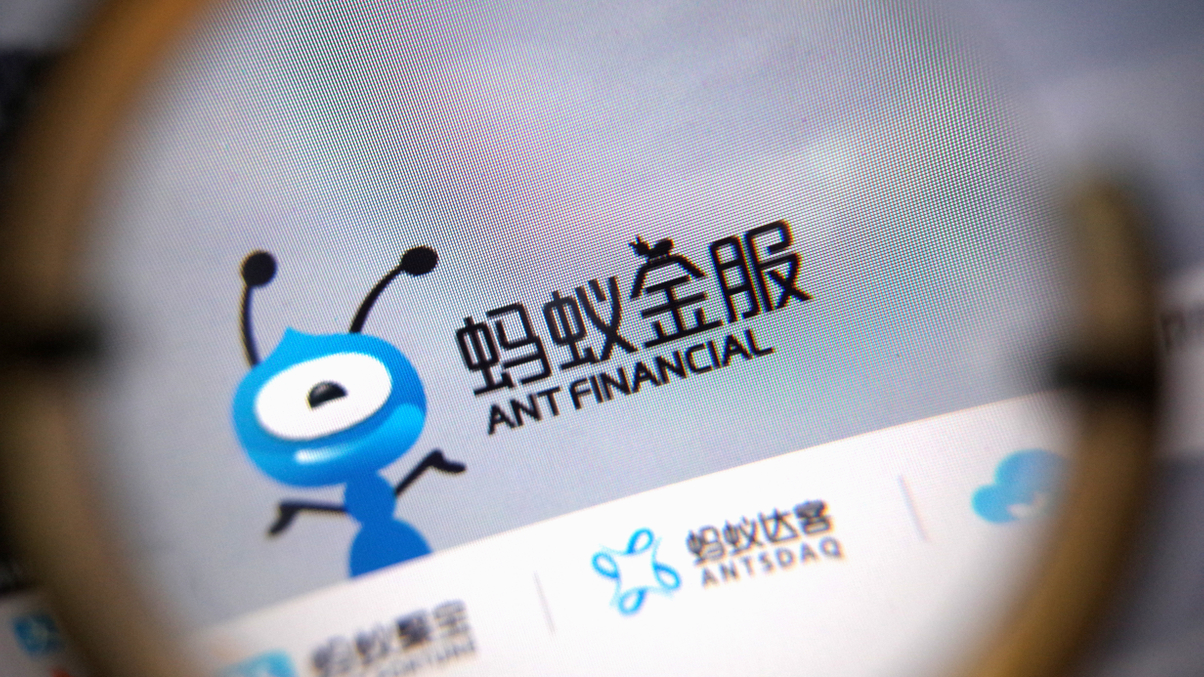Ant Financial's IPO underlines US insto desire for China
US asset owners seeking diversification and returns in a low-yield environment will find it hard to disregard Chinese deals such as the mega Chinese IPO, despite political tensions.

American institutional investors appear ready to ignore increasingly heated political tensions between China and the US as they look to participate in major Chinese equity offerings and look to invest more into the country itself.
Sign in to read on!
Registered users get 2 free articles in 30 days.
Subscribers have full unlimited access to AsianInvestor
Not signed up? New users get 2 free articles per month, plus a 7-day unlimited free trial.
¬ Haymarket Media Limited. All rights reserved.


